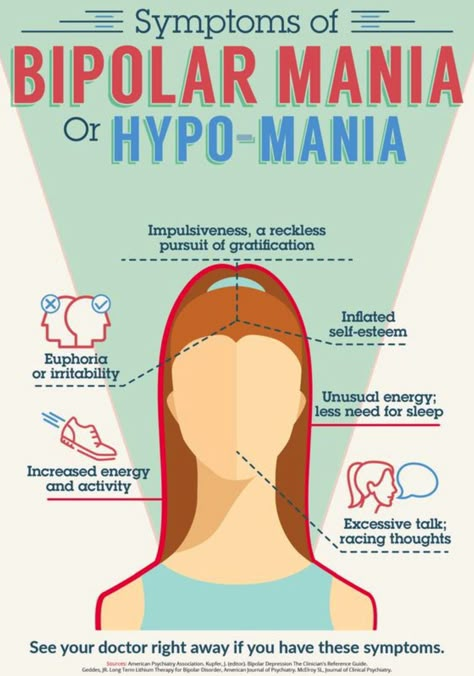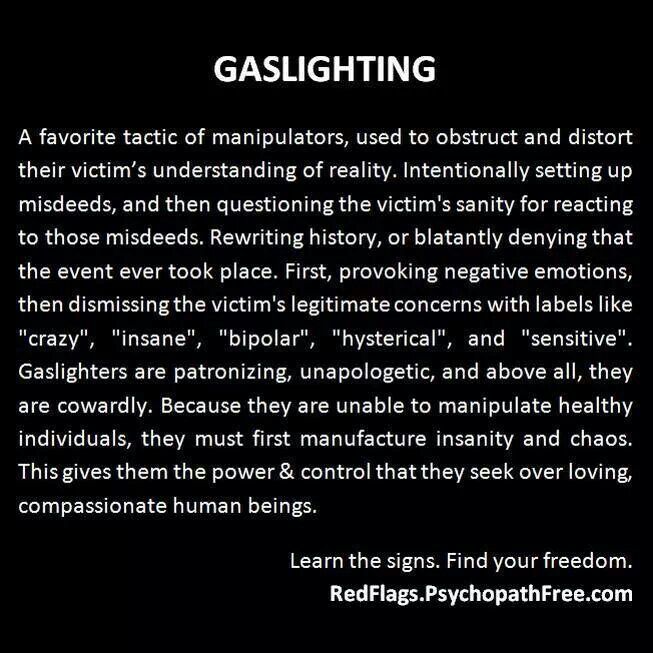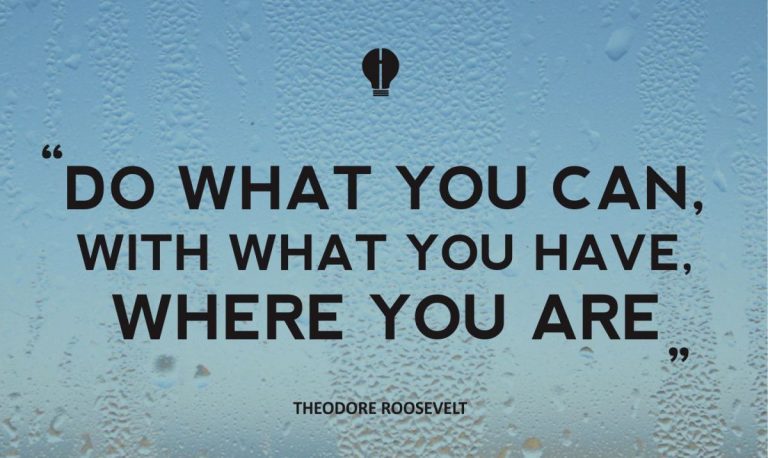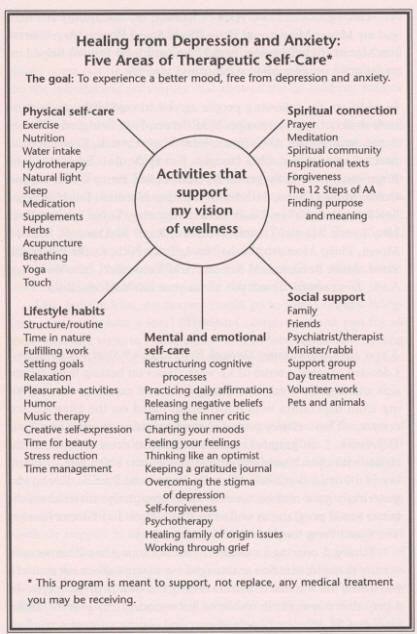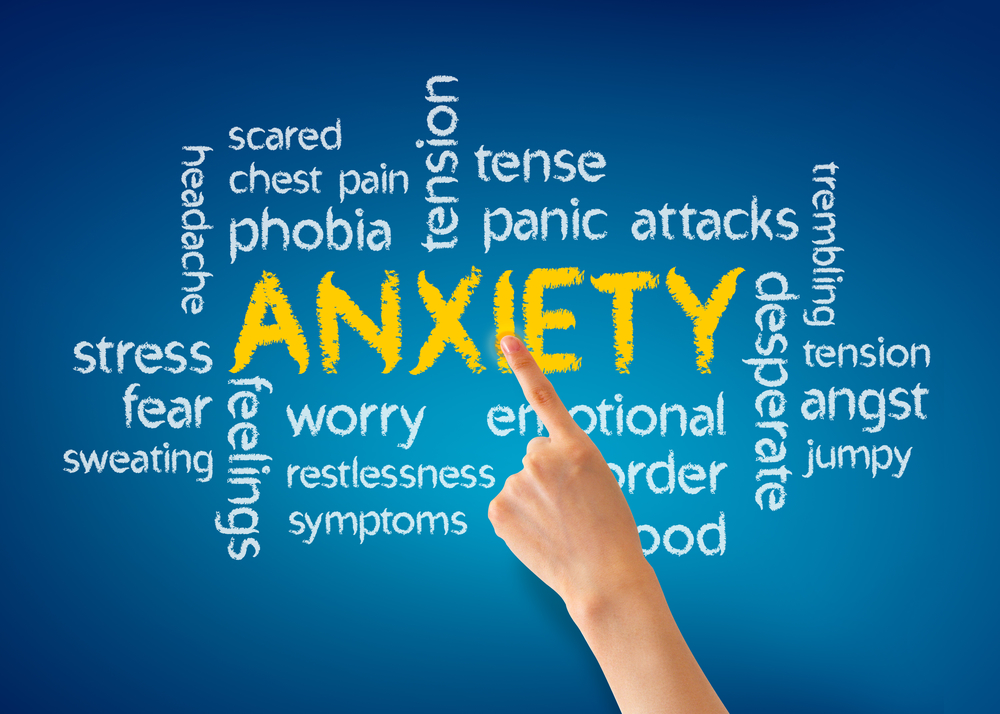Gain peace of mind
16 Ways to Find Peace of Mind
By Dr. John Delony
By Dr. John Delony
The most important thing I can tell you about your peace of mind is this: It’s not situational. A lot of us look for peace of mind by trying to predict the future, by controlling everything and everyone, or by putting our faith in a political candidate who makes us feel safe.
But when we try to anchor our sense of well-being to an ever-shifting, chaotic world, we will constantly feel anxious and unsettled.
True peace of mind is not contingent upon circumstances. It’s a way of being—a choice to rise above your situation. You have to be a person of peace and choose to live a life of peace, which paradoxically means you have to be ready to encounter difficulty. And the best way I know how to do this is to have practices that prepare you for life’s challenges
when—not if—they come. Think of these practices as rebar—the metal rods embedded in concrete that keep it strong and structurally sound.
With that in mind, let’s talk about a few of the best practices for becoming a person of peace.
1. Face uncomfortable truths head on.
Finding peace of mind isn’t about erasing every uncomfortable emotion or thought. It’s about braving the rapids for stiller waters. Numbing, suppressing and avoiding discomfort and anxiety will only make everything worse. Don’t run from or judge your feelings. Instead, be compassionate and curious. Sometimes, simply giving yourself permission to call it like it is will allow you to feel tremendous relief.
2. Journal.
Journaling is an excellent practice for unearthing what’s going on in your heart and mind. Get your swirling, chaotic thoughts out of your head and onto paper. Just sit down with a blank sheet of paper and write. Word vomit all over the page. Don’t edit yourself. And don’t lie or hide from yourself. The goal isn’t to be pretty or eloquent or even make sense—it’s to get in touch with what’s going on inside your head.
3. Connect with people you love and trust.
You cannot do life alone. Period. Healthy relationships are the foundation for a still mind and overall wellness. You need people. When you’re feeling stressed, anxious and lonely, go to someone who will listen to you, love you, and just be with you. Human connection is one of the most powerful antidotes to that low-grade anxiety that might be robbing you of your peace of mind.
4. Be active.
One of the best ways to get stress out of your body is to be active. Lift weights. Ride a bike. Join a team. Do anything you can to be active. Exercise will clear your mind and heal your body unlike anything else.
Your mental health matters. Order Own Your Past, Change Your Future today!
I love lifting weights in my home gym and getting outside in the woods and creeks with my kids for ridiculous adventures. I like going to jujitsu classes, playing church-league basketball, and taking long bike rides. For you, it might be playing soccer in the yard, crushing it on a rowing machine, or hiking. The best exercise plan is the one you’ll do.
For you, it might be playing soccer in the yard, crushing it on a rowing machine, or hiking. The best exercise plan is the one you’ll do.
5. Spend time outside.
Be outside whenever possible. Get a blanket if it’s cold or wear shorts if it’s too hot. But get outside. Nature is healing and restorative for your heart, mind and body. Put your bare feet in the grass, listen to the birds, take a hike, sit by a lake or a river and just breathe in the air.
6. Sleep.
Getting a full seven to nine hours of sleep every night is ridiculously important because sleep fixes so many health issues—including stress and anxiety. Sleep is about as close to a silver bullet as you can get.
If you have trouble actually getting to sleep because your thoughts are spinning, create a wind-down routine an hour before bed where you get off technology, dim the lights, take a relaxing bath, take pure supplements (not medications), read a good book, and meditate and journal to help calm your mind.
7. Eat well.
Along with sleep, nutrient-rich foods are a foundational pillar of health. There’s no such thing as “mental health” and “physical health.” It’s all just health. And food has a direct impact on your mood, as well as your body’s ability to function, respond and recover. A diet that’s high in sugar and processed foods and other trash will contribute significantly to your anxiety levels. Be a good steward of the one body you have and eat well.
8. Practice forgiveness.
Unresolved conflict can be a huge source of anxiety. Do you need to forgive someone for the hurt they caused you? Do you need to forgive yourself for a mistake that haunts you? Unforgiveness leads to bitterness, and it’s been said that bitterness is the poison we drink hoping someone else will die. Don’t carry the bricks of bitterness or anger. Set the bricks down. Choose to forgive.
9. Listen to music.
Music is healing for the soul—whether you’re jamming to ’80s hair metal (one of my personal favorites) or some lo-fi beats to create some Zen. Find a playlist or an album that brings you joy and turn up the volume.
Find a playlist or an album that brings you joy and turn up the volume.
10. Do something creative.
Creativity is a remarkable outlet for stress relief and peace. I love this quote from Brené Brown: “Unused creativity is not benign . . . It metastasizes into resentment, grief, heartbreak.” Is there a creative outlet you’ve been missing? Dust off your guitar. Start that business. Plant a garden. Cook a meal for your neighbors.
Getting lost in a good novel is another great way to increase creativity. Pick up a book and give your brain a break from problem-solving mode.
11. Practice gratitude every day.
I keep a gratitude journal every single day. I know this feels cheesy and Pinteresty, but it’s powerful and transformative. Anxiety keeps us fixated on past experiences or worried about future ones, but gratitude is grounding because it centers us in the present. It reminds us to stop complaining and whining and internalize our blessings.
Write down five things you’re grateful for, beginning with “I’m grateful for . . .” Gratitude is a foundational practice for a life of peace. Bonus points if you do this twice a day: when you first wake up and right before you go to bed.
. .” Gratitude is a foundational practice for a life of peace. Bonus points if you do this twice a day: when you first wake up and right before you go to bed.
12. Pay attention to and redirect your thoughts.
I don’t know about you, but the more stressed I become, the more I lose control of my thoughts. If I don’t step in, my brain starts to spiral, with unwelcome and frightening thoughts spinning faster and faster.
Ruminating (thinking the same things over and over) and worrying make us feel like we’re doing something important. We get a false sense of accomplishment from these mental scenarios: preparing for the worst, rehearsing disaster, or practicing imaginary hard conversations we’ll never have in real life. Hear me clearly: Ruminating and worrying are a complete waste of time. They do nothing except leave us feeling more helpless and anxious.
But here’s the exciting thing: We can learn to control our thoughts. We get to decide where we fix our attention. Pay attention to the thoughts running through your mind and redirect them to something actually true and pleasant and good to think about.
Pay attention to the thoughts running through your mind and redirect them to something actually true and pleasant and good to think about.
13. Try a meditation.
Okay, I know what you might be thinking: Meditation is a woo-woo practice for yogis and granola people that only eat kale. But in reality, meditation is the practice of paying attention to and controlling our thoughts. It’s learning where your body and your mind connect and how you can take a bird’s-eye view of your desires. It’s a game changer. My team and I put together a free meditation that will help you find peace of mind. Download it here.
14. Clear up your schedule.
You cannot outrun or outperform your anxiety and depression. Being rushed and overcommitted will destroy your peace of mind. Are you too busy? Stressed out by commitments you can’t keep? Look at how you’re spending your time and find things you can say no to. Slow down and find time to breathe.
15. Throw your screens out the window.

Okay, not really. But maybe. Our devices are stealing our attention, our joy and our ability to be present with ourselves and with others. I don’t propose that we all go off the grid and live in the woods without electricity or smartphones or plumbing. I’m writing this article on a laptop, and I just posted some quippy saying on Instagram. For most of us, technology is an important tool for our work and our lives. But I’m certain of the fact that we need to have major guardrails around technology use.
Reevaluate your relationship with technology. Is it serving you, or are you serving it? Treat your attention as your most important commodity. Treasure it. Value it. Protect it.
16. Pray.
I’m a Christian guy, so prayer is important to me. It might not be for you, and that’s okay. But if you’re a person of faith, I encourage you to make regular time to pray and calm your spirit. I also like to write a Scripture verse on an index card (yeah, I’m old school like that) and carry it around with me throughout my day.
Regardless of your faith tradition or your relationship (or lack of) with God, we must all internalize one important truth: The universe does not revolve around you. Or me. We’re small, and our time on earth is short. There are much bigger things going on. Prayer reminds us to sit in our smallness and helps us remember that we all need help getting through each moment.
A Long-Term Solution for Finding Peace of Mind
Most of the time, our general sense of unease or stress or guilt stems from unresolved anxiety. It’s like a low-grade fever. It’s your brain and body’s way of letting you know something is off.
But here’s what’s exciting: Once you lean in and pay attention to the root cause of your anxiety, you can begin to make deep, lasting changes for healing. To get started, I invite you to check out my new book Own Your Past, Change Your Future.
Please go all in on this. You are worth being well.
Your Mental Health Matters
The weight you are carrying is real.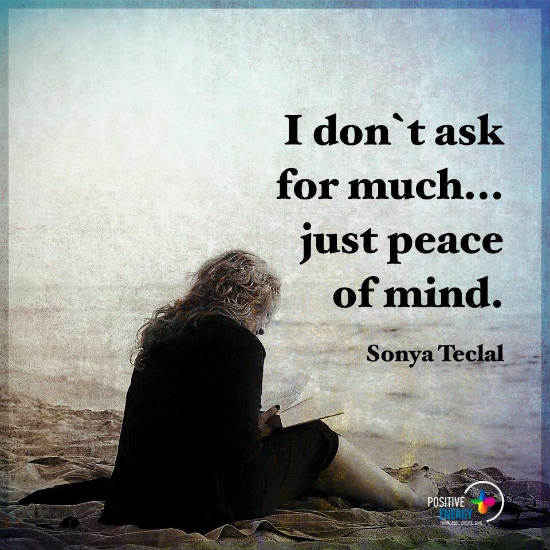 Choose to set it down. Order Dr. John Delony's new book, Own Your Past, Change Your Future!
Choose to set it down. Order Dr. John Delony's new book, Own Your Past, Change Your Future!
Order Now!
About the author
Dr. John Delony
Dr. John Delony is a mental health expert with two PhDs from Texas Tech University—one in counselor education and supervision and the other in higher education administration. Before joining Ramsey Solutions in 2020, John spent two decades in crisis response, walking with people through severe trauma. Now at Ramsey Solutions, John writes, speaks and teaches on relationships, mental health, anxiety and wellness. He also serves as co-host of The Ramsey Show, the second-largest talk show in the nation that’s heard by 18 million weekly listeners, as well as host of The Dr. John Delony Show. In 2022, John’s book Own Your Past, Change Your Future
instantly became a #1 national bestseller. You can also find John featured on DailyMailTV, Fox Business and The Minimalists Podcast.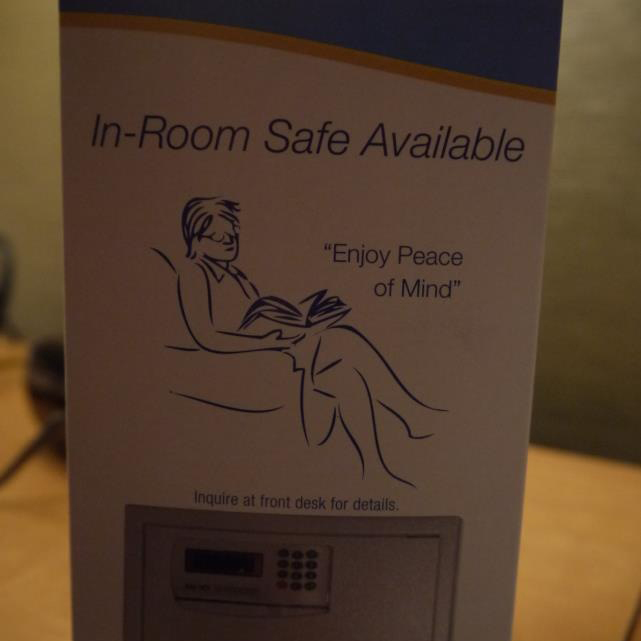 Learn More.
Learn More.
How to Find Peace of Mind in 6 Steps
In a frantic world, a peaceful mind might seem like a friend you rarely have the chance to catch up with. But finding peace of mind is possible.
Share on PinterestA peaceful mind and life may start with becoming intentional in all you do. Illustration by Alyssa KieferPeace of mind, also described as inner calm, refers to an internal state of tranquility. When you have mental peace, you might feel:
- at ease within yourself
- a sense of self-compassion
- unruffled by day-to-day worries
- prepared to welcome whatever life tosses your way
You might assume you can only find peace from within when you’re finally completely free of troubles, but that’s not the case.
In fact, it often works the other way around.
Feeling at peace internally can boost overall contentment and feelings of happiness, regardless of the challenges you face.
A relaxed and calm outlook can help you navigate life’s often-turbulent waters more smoothly.
Finding peace of mind isn’t as challenging as it seems. You can find peace of mind by:
- accepting what can’t be controlled
- forgiving yourself and others
- staying focused on the here and now
- going within
- journaling your thoughts and emotions
- connecting to Mother Earth
Consider these tips anytime, anywhere, to get started:
You can’t actually control your mind and simply tell it, “Be more peaceful” — just as you can’t control life.
Life is unpredictable. From time to time various challenges will surface, complicating your daily routine and leaving you anxious, drained, or even afraid.
It’s entirely natural to worry about a parent’s illness, or feel dismayed and angry by your recent job loss. But when you fixate on those feelings, they can eventually take over, disturbing your peace and making it more difficult to cope.
Ignoring those feelings to just get on with things generally doesn’t help, either.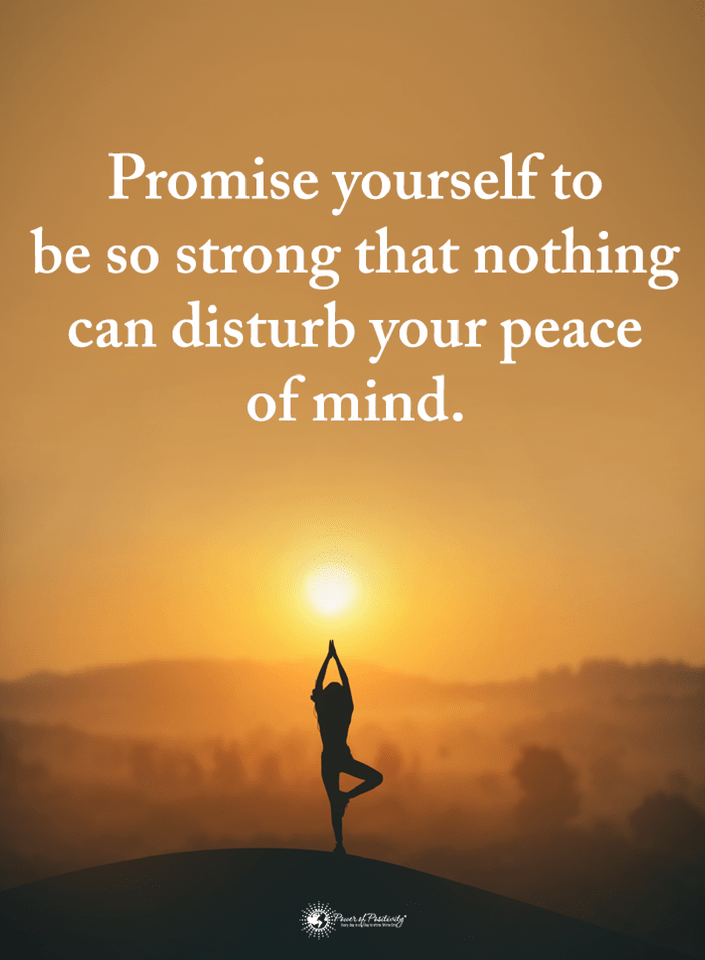 Suppressed emotions can intensify, leaving you far less calm down the line.
Suppressed emotions can intensify, leaving you far less calm down the line.
Acceptance, on the other hand, often does make a difference. Research shows that accepting your own thoughts and emotions is an effective strategy.
You can also practice cognitive reframing by reminding yourself:
- “What’s happening right now won’t last forever. In the meantime, I’m doing my best.”
- “This is a tough situation, but I can get through it.”
- “I feel miserable right now, but I won’t always feel like this.”
It’s natural to want to turn away from pain, so it can take time to get in the habit of acceptance. But as it becomes more natural, you’ll likely find yourself feeling more at peace.
What happens when you feel you have no peace of mind?
The demands of everyday life can lead to stress and other emotional turmoil, no question — especially if you’re going through a rough patch.
You typically can’t escape life’s challenges, and inner peace won’t make your difficulties disappear. But mental peace is so important because it can help you remain calm in the face of distress by easing feelings of anxiety, worry, and overwhelm.
But mental peace is so important because it can help you remain calm in the face of distress by easing feelings of anxiety, worry, and overwhelm.
Without peace of mind, you might eventually begin to notice symptoms of anxiety and stress, including:
- sleep disturbances
- aches and pains
- fatigue and low energy
- stomach distress
- anger or irritability
- difficulty concentrating
- relationship tension or conflict
Finding peace from within doesn’t necessarily prevent symptoms of anxiety or depression. All the same, a lack of it could worsen mental and emotional distress.
Feeling hurt, even angry, when someone wrongs you or treats you unfairly is an understandable (and completely natural) response.
Yet holding on to grudges or slights won’t do much to help you find inner peace.
Nursing feelings of anger, disappointment, or resentment takes up plenty of emotional energy and can contribute to physical and mental health symptoms, including:
- poor heart health
- sleep problems
- stomach distress
- depression
- anxiety
Forgiveness doesn’t just benefit the person you forgive. It could do even more for you, in the end. Self-forgiveness is also essential.
It could do even more for you, in the end. Self-forgiveness is also essential.
In fact, according to 2016 research, adults of varying ages who felt more forgiving over the course of 5 weeks experienced less stress and fewer mental health symptoms.
Of course, forgiveness doesn’t always come easily, with a snap of your fingers. It’s often a long and emotionally demanding process that goes beyond simply saying, “I forgive you.” Forgiveness involves compassion and empathy, not to mention acceptance.
That goes for your own actions, too. Going over and over past mistakes won’t erase what happened, but it can leave you mired in self-blame and regret.
You’re on the path to self-forgiveness if you’ve already:
- apologized
- made an effort to amend the wrong
- committed to changing your behavior
Your next steps toward a more peaceful mind involve offering yourself compassion and letting go of guilt and shame.
A therapist can help, but you can also get started here.
Acceptance proving more difficult than you imagined? Sometimes a guiding tool can make it easier to let go of distressing thoughts.
Why not give meditation for peace of mind a try? Some of the many potential benefits of this ancient Hindu practice include increased self-awareness, reduced stress, and positive brain changes.
Evidence suggests mindfulness meditation, in particular, can promote greater awareness of the present moment, whether it brings joy or pain. In general, it helps you cope with emotional distress.
Mindfulness makes up an important part of Buddhist meditation. Buddhism itself holds inner peace as an essential aspect of well-being.
If you’re familiar with the concept of nirvana, you might know it’s often used casually to describe a state of euphoria or bliss. In Buddhism, though, this ultimate goal does reflect a type of inner calm — the peace that arises in the absence of suffering and desire.
Both focused meditation and increased mindfulness can indirectly help you acknowledge, accept, and let go of the physical and emotional distress that might otherwise stir the waters of your mind.
With a regular meditation practice, this acceptance can go a long way toward promoting lasting mental peace.
New to meditation?
- Check out our guide to the best meditation apps.
- Learn more about your options for online meditation.
- Explore free guided mindfulness meditations on YouTube.
While too much time alone can lead to loneliness, spending just the right amount of time on your own could benefit your well-being and lead to finding peace in a frantic world.
Setting aside space for solitude can promote some people’s deeper sense of contentment over time.
Why try solitude?
Solitude offers the chance to:
- reflect on personal values
- explore your self-identity
- reconnect with your needs
- reevaluate your boundaries
- embrace your creative side
- enjoy your hobbies and favorite pastimes
- start a meditation practice
Any of these activities can boost peace of mind in daily life by helping you recharge, relax, and focus on your personal needs.
Maybe an English teacher assigned daily journal entries. You completed the exercise grudgingly at first, but with more enthusiasm and commitment once you realized putting your feelings on paper did, in fact, provide you with a different perspective.
Journaling can help you process and express emotions you might otherwise keep inside.
Writing, of course, won’t get rid of your troubles. But you might find that committing them to paper helps ease some of their emotional weight and transforms inner peace from an exception to more of a rule.
Do you head for the trees (or the seas) when you need some rest and respite from the daily grind?
An abundance of research backs up your instincts: Natural environments, green spaces in particular, can ease emotional distress and foster feelings of inner calm and peace of mind.
Spending time in nature can help you have peace of mind by:
- soothing worry, anger, or fear
- easing stress and promoting relaxation
- lower your risk for depression and other mental health conditions
- enhancing feelings of kindness and social connection
- improving concentration and focus
A few ideas to try:
- Visit a neighborhood park.
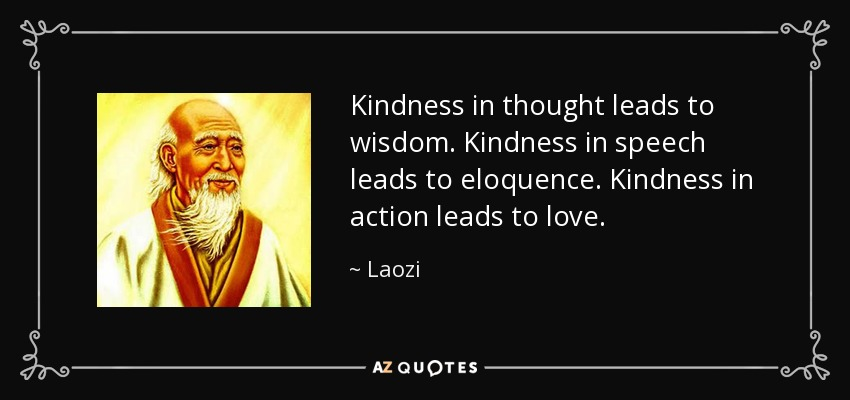
- Explore a national forest.
- Challenge yourself with a hike across rugged terrain (safely, of course!)
- Relax at a nearby beach or lake shore.
- Get your hands dirty with a little gardening.
Tip: No matter what you choose to do, consider leaving your phone at home (or powered down in your backpack if on a hike). A constant stream of notifications or the urge to refresh your social media feeds can quickly chip away at your newfound calm.
Working on finding peace of mind can help you weather the changing seas of life with more resilience and emotional fortitude.
While greater mental and emotional peace is possible for anyone, it may not happen overnight. Offering yourself kindness and compassion along the way — while remembering that patience also plays an important part — can make all the difference.
45 ways to find peace of mind
June 5, 2013 Life Inspiration
In our age of haste, lack of rest and excess of information, it is not easy to know Zen.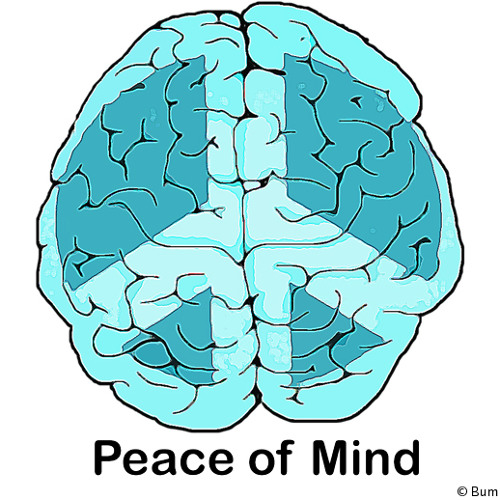 We often get nervous over trifles. It's time to learn how to live differently.
We often get nervous over trifles. It's time to learn how to live differently.
We don't know how to deal with stress. For many, relaxation comes down to alcohol, coffee with a cigarette, or extreme hobbies. Meanwhile, there are simple methods to restore peace of mind in just a few minutes.
We remembered as many as 45 ways.
- Take a deep breath for one-two-three-four, hold your breath for the same count, then slowly exhale.
- Take a pen and write down your thoughts on paper.
- Recognize that life is complicated.
- Think of your three most successful events in your life.
- Tell your loved one what they mean to you.
- Sit down and do nothing.
- Allow yourself to sit back for a while.
- Look at the clouds for a few minutes.
- Imagine that you are seeing your life from a bird's eye view.
- Defocus your eyes and for a couple of minutes catch everything that happens around you with your peripheral vision.

- Give a small amount to charity.
- Mentally place yourself inside a transparent bubble that protects you.
- Put your hand on your heart and feel it beat. This is great.
- Tell yourself that you will stay positive for the rest of the day. No matter what.
- Be grateful that you don't always get what you want.
- Think about how you would live your life if you knew for sure that you would never become rich.
- Let your body do what it wants at this moment.
- Smell fresh flowers.
- Listen to your inner critic as if it were your best friend.
- Identify the tightest part of your body. Tighten it with all your might for a few seconds, and then relax.
- Go outside and touch something 100% natural. Feel the texture.
- Look around and label each object. Realize how simple these things really are.
- Smile the stupidest smile in the world and imagine what you look like.
- Think of your big problem as if it were a friend of yours.

- Imagine that your roots extend to the center of the planet.
- Massage your head with all ten fingers.
- Count from 10 to 1 and listen for the echo after each digit.
- Feel the ground beneath you with your bare feet and be aware of your connection with the earth.
- Stop focusing on other people.
- Dare to say no. Bolder.
- Write a list of all your problems. Then filter out the ones that don't depend on you or are not very important.
- Drink some water. Dehydration causes stress.
- Live within your means.
- Be aware of the difference between your desires and your needs.
- Sincerely apologize to… Well, you yourself know who you are to blame for.
- Think about the vastness of the universe and understand how invisible your troubles are.
- Refuse to give a quick answer to a difficult question and seek a solution at a deeper level.
- Make extra time for your child.
- Listen to white noise.
 It's relaxing.
It's relaxing. - Write down the best advice you have ever received and apply it.
- Walk the dog. Maybe with someone else.
- Close your eyes and let the sun warm your eyelids.
- Admit your mistakes.
- Look at other people and realize that they are just like you, with their own hopes, dreams, fears and struggles.
- Agree that there will always be someone richer, smarter and stronger.
What are the psychological techniques that calm you best?
Read also 🧐
- Understanding why you can't "just calm down"
- How to Calm Down Quickly: 7 Science-Based Ways
- Why Some People Get Annoyed for No Reason and How to Calm Your Nerves
30 ways to find peace of mind
How to become more cheerful and happier, improve mental abilities and find peace of mind? Great advice was found in an article published on the website of the nonprofit organization Mental Health America. Try it - the tips work!
1. Keep a gratitude and achievement journal. Every evening, write down three things for which you are grateful for the past day, and three of your achievements (even if they seem insignificant to you).
Keep a gratitude and achievement journal. Every evening, write down three things for which you are grateful for the past day, and three of your achievements (even if they seem insignificant to you).
2. Start your day with a cup of coffee. According to some reports, coffee drinkers are less likely to suffer from depression. If you don't like coffee, choose another healthy drink like green tea.
3. Plan an escape from the routine. It could be a hike in the woods with friends or a trip to the tropics. The very anticipation of relaxation and the expectation of something pleasant can make you happier for as much as 8 weeks!
4. Build on your strengths. Do what you're good at to gain confidence, and then aim for a bigger challenge.
5. Sleep in a cool room. The optimum temperature for sleeping is approximately 16 to 19 ℃.
6. "You don't need to see the entire staircase, just take the first step ag" (Martin Luther King).
What would you like to improve in your life? Think about what actions you can take right now to take the first step in the right direction.
7. Experiment with a new recipe, write a poem, draw a picture, or find an interesting idea on Pinterest and try it out. Creative self-expression and a general sense of well-being are intertwined.
8. Show your love to someone important to you. Close, quality relationships are the key to a happy and healthy life.
9. Eat a couple of pieces of dark chocolate every few days, to increase the power of your brain. The flavonoids, caffeine and theobromine found in chocolate are believed to improve alertness and mental performance.
10. Sometimes you don't even need to invent something new to feel happier. It's enough just to start absorbing the joy of what we already have. Being an optimist does not mean ignoring the ugly side of life. It means focusing more on the positive.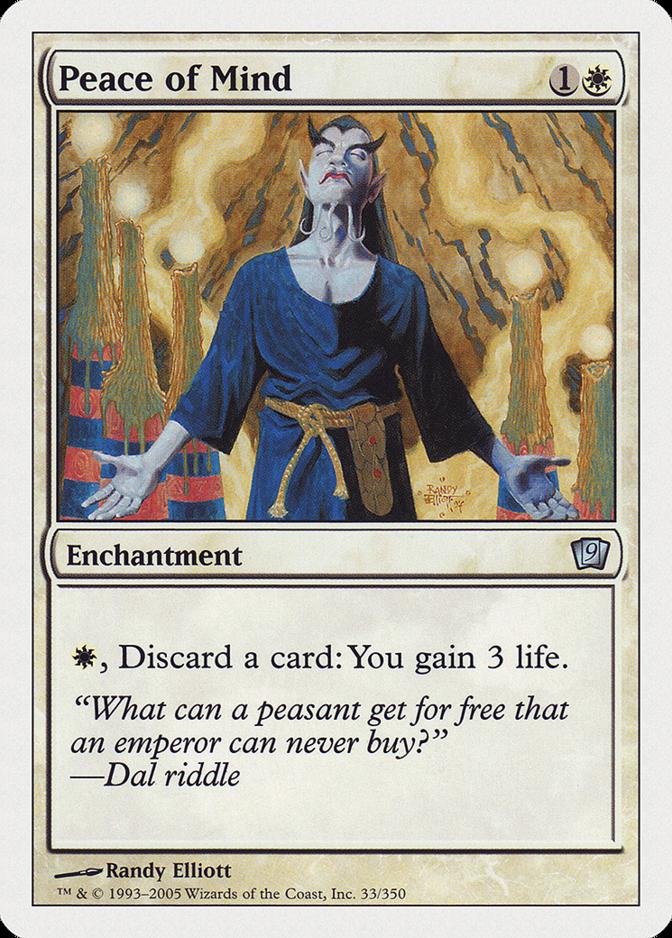
11. Do you feel anxious? Ride the waves of memories and color the pictures for about 20 minutes to clear your mind. For the best effect, choose a complex geometric design.
12. Take time to just laugh. Chat with a friend who cheers you up, watch a comedy or cute videos online. Laughter helps reduce anxiety.
13. Take a break from electronic devices. Leave your smartphone at home for the day, turn off alerts, beeps, and generally anything else that distracts you. Devote time to live communication, do something interesting with family or friends.
14. Dance while doing housework. So you will not only do business, but also improve your well-being: dancing reduces the level of cortisol (stress hormone) and stimulates the synthesis of endorphin (hormone of joy).
15. Yawn! Research shows that yawning helps cool the brain, resulting in us being more attentive and able to think more effectively.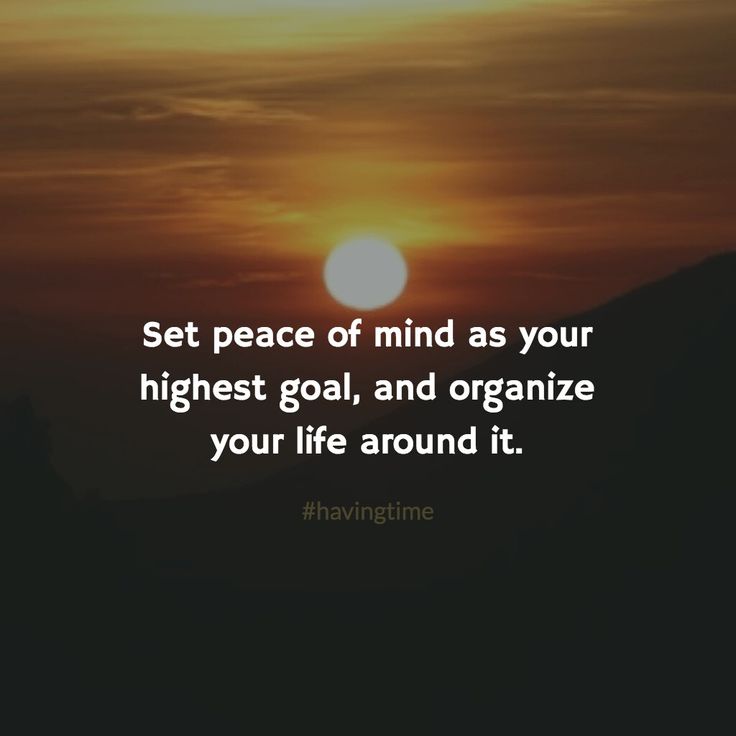
16. Relax in a warm bath once a week. Try adding Epsom salt to ease pain and increase magnesium levels that your body may be deficient in due to stress.
17. Are you worried about something? Share your experiences with a personal diary. Writing about unpleasant experiences is helpful: it helps to vent negative emotions, sort out the problem, and reduce symptoms of depression.
18. Play with your furry friend. When a person spends time with animals, their levels of the stress hormone cortisol decrease and the levels of the happy hormone oxytocin increase. If you don't have pets, visit someone who does, or volunteer at a shelter.
19. Practice mindfulness. Learn to be present "here and now" and fully live every moment.
20. Be a tourist in your hometown. Usually people only explore the sights while traveling, but you might be surprised to find out how many cool things are in your own backyard.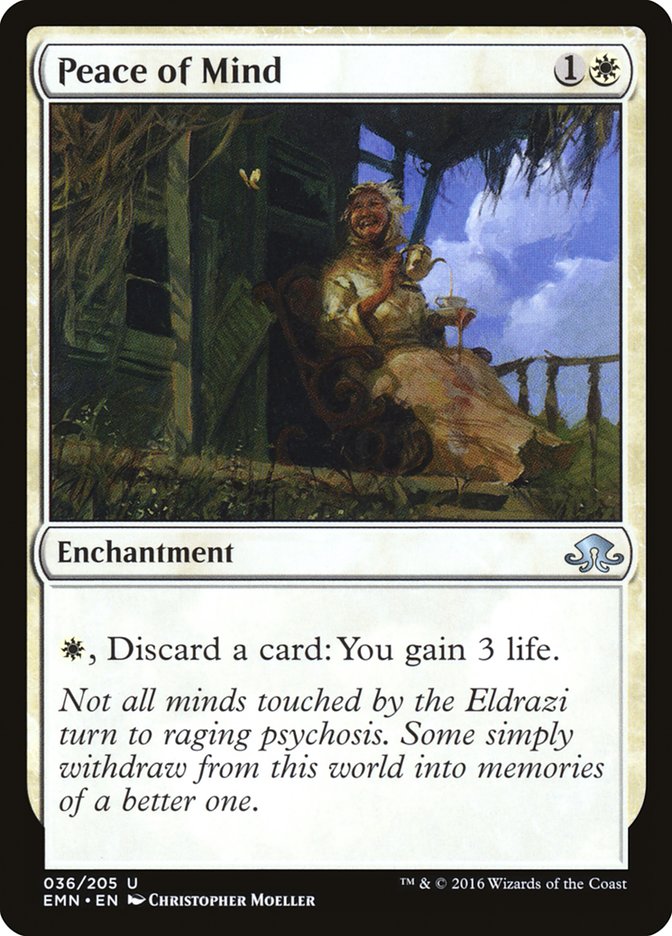
21. Try to prepare meals in advance and / or choose clothes for the work week. This will free up the morning time and gain a sense of control over the upcoming weekdays.
22. Introduce foods rich in omega-3 fatty acids into your diet. They affect the improvement in depression and schizophrenia, not to mention other benefits. Taking fish oil as a dietary supplement won't hurt, but by getting the nutrients directly from foods (wild salmon, flaxseeds, or walnuts), you're also promoting a healthy gut microflora.
23. Practice forgiveness. For example, you can forgive a person who cuts you off on the road. People who know how to let go of anger and resentment have better mental health and are generally more satisfied with their lives.
24. “What looks like a catastrophe to us is often the beginning of something good” (Disraeli). If something bad happened to you, try to find the bright side in it.

